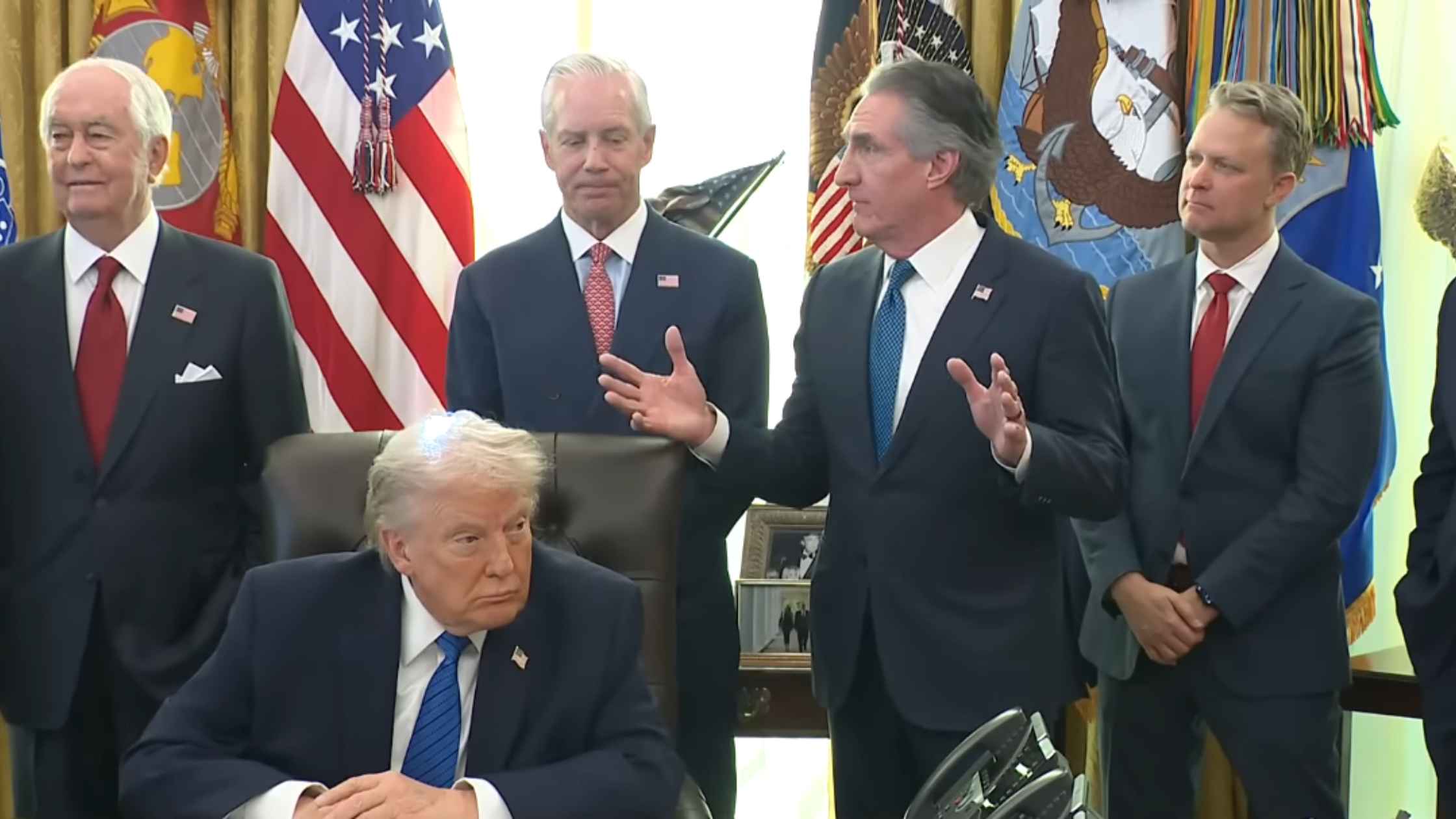Rev’s Transcript Library
Explore our extensive collection of free transcripts from political figures and public events. Journalists, students, researchers, and the general public can explore transcripts of speeches, debates, congressional hearings, press conferences, interviews, podcasts, and more.
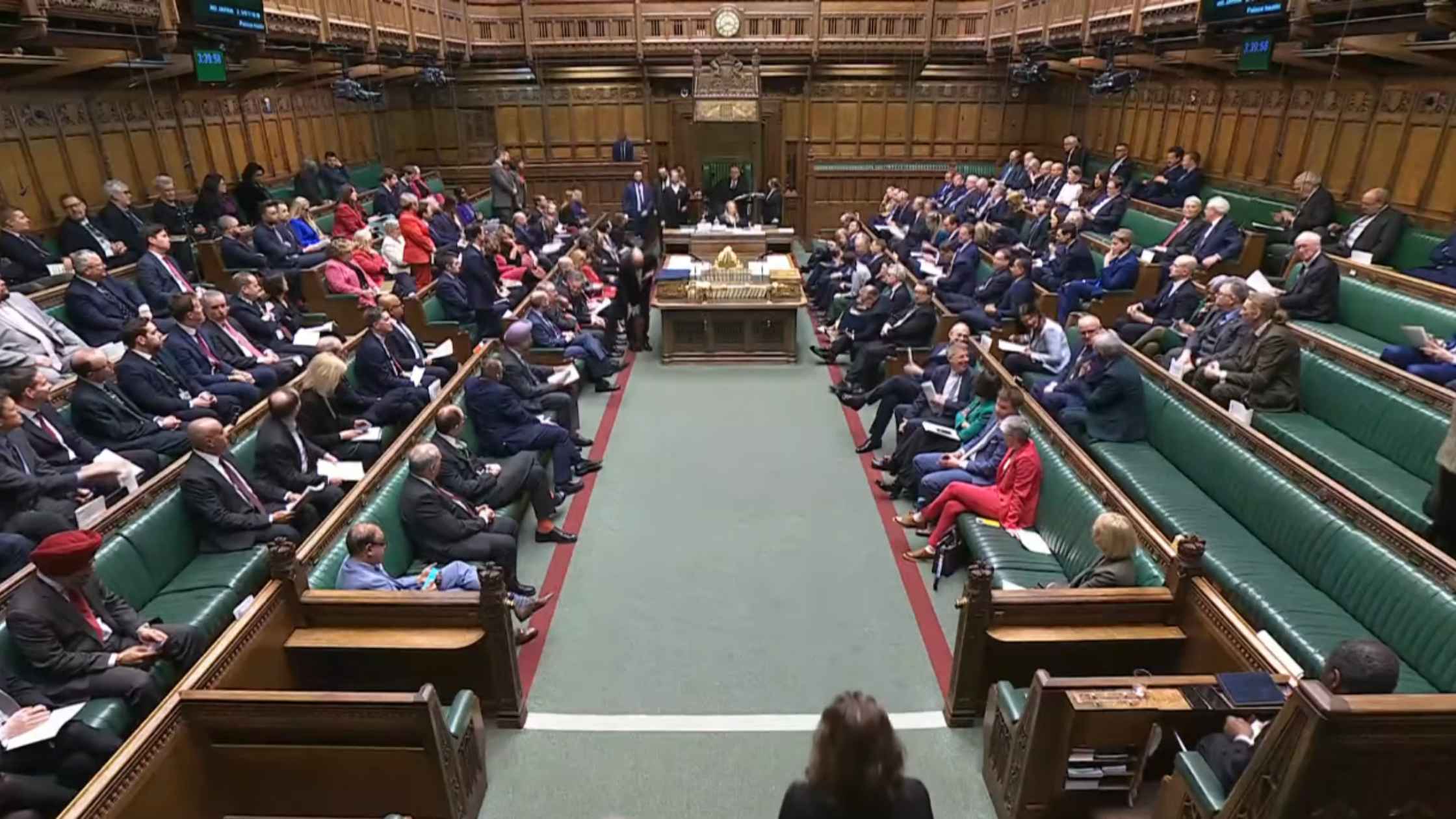
U.K. Government Reaction to Epstein Files Release
Chief Secretary to the British PM Darren Jones makes a statement in Parliament after the latest release of the Epstein files. Read the transcript here.
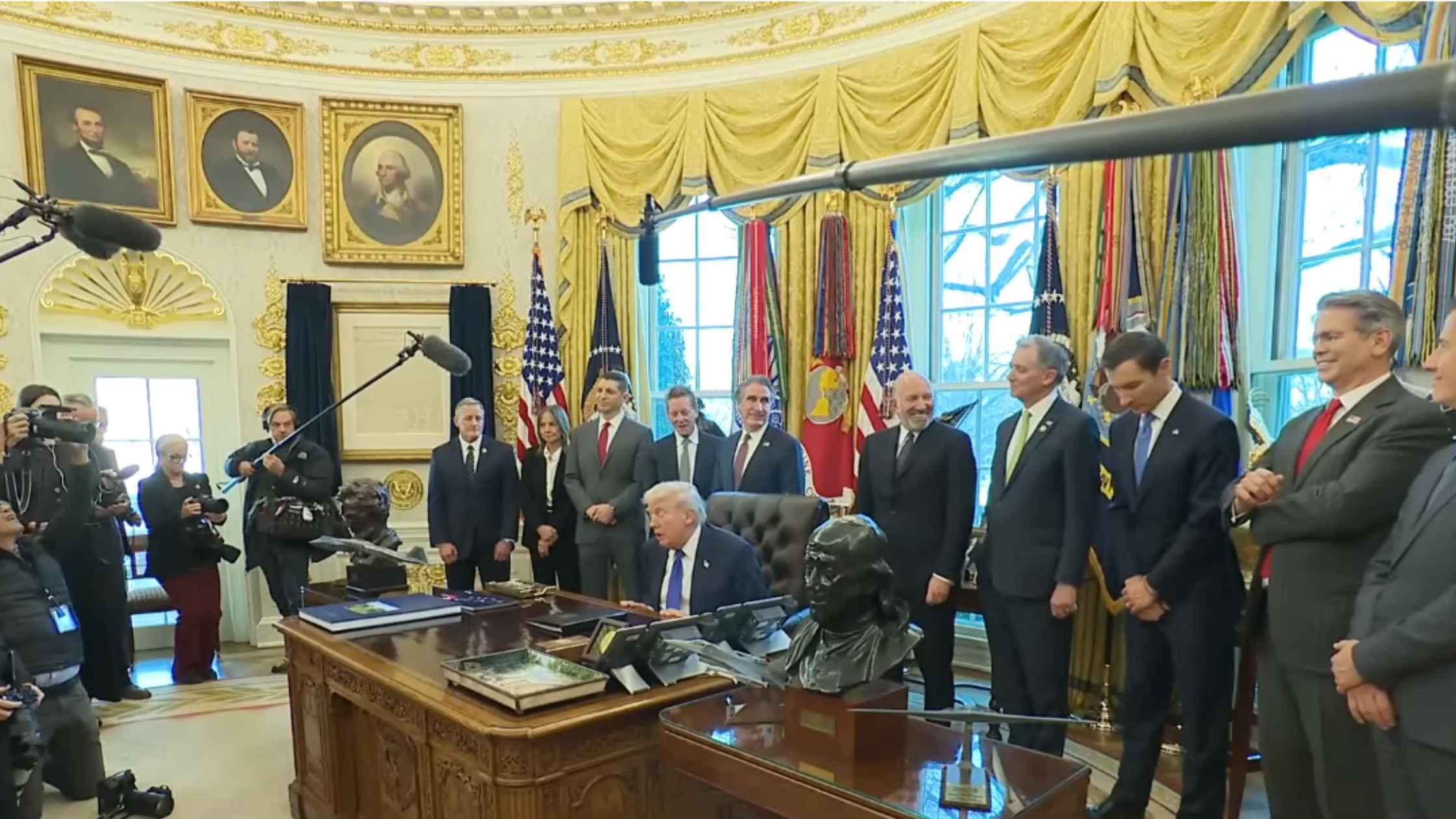
U.S. Strategic Critical Minerals Reserve
Donald Trump announces the creation of the U.S. Strategic Critical Minerals Reserve. Read the transcript here.
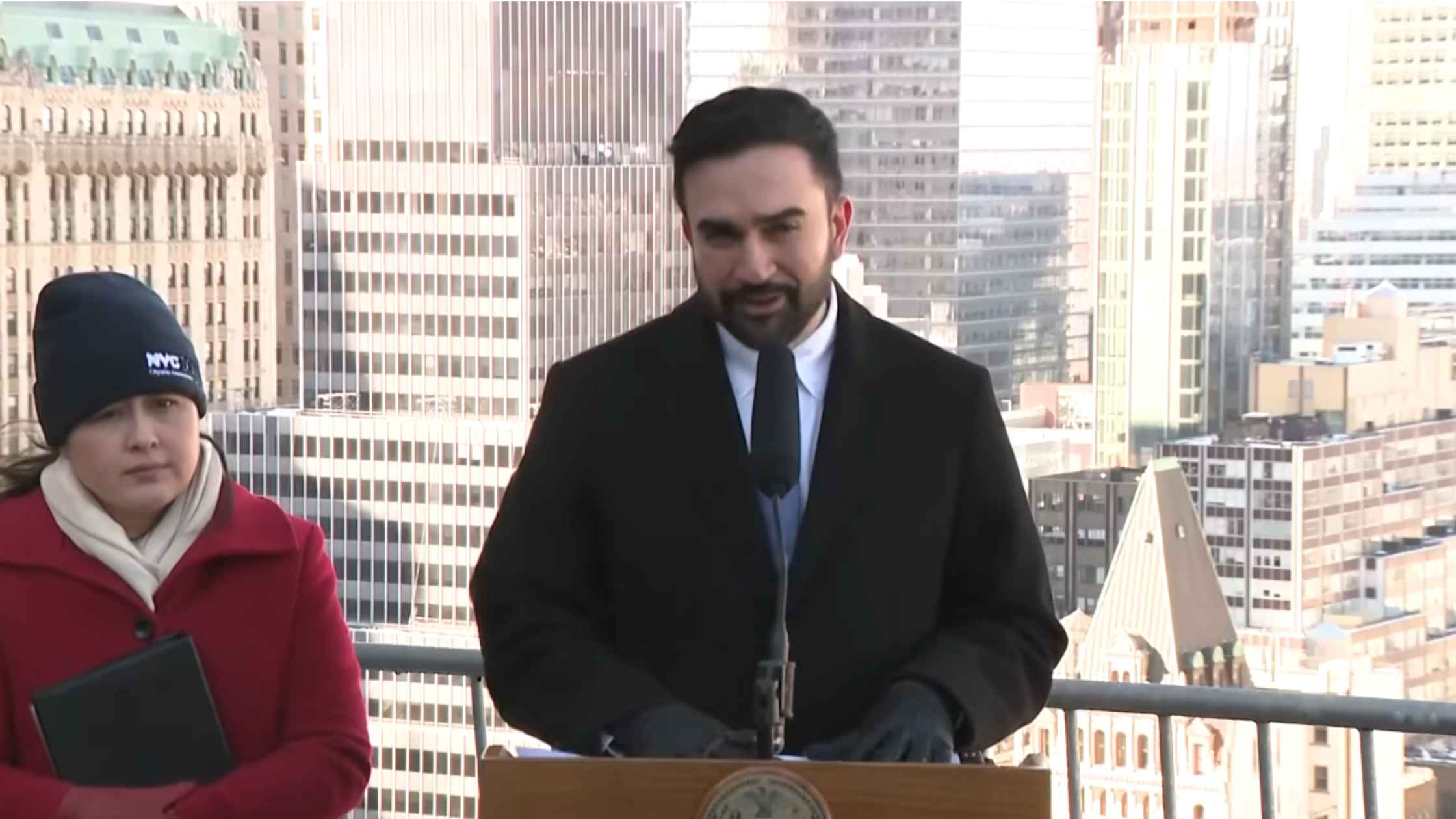
Mamdani Press Conference 2/02/26
New York City Mayor Zohran Mamdani holds a press conference on 2/02/26. Read the transcript here.

New White House Health Initiative
RFK Jr. and others launch new addiction and mental health initiative. Read the transcript here.
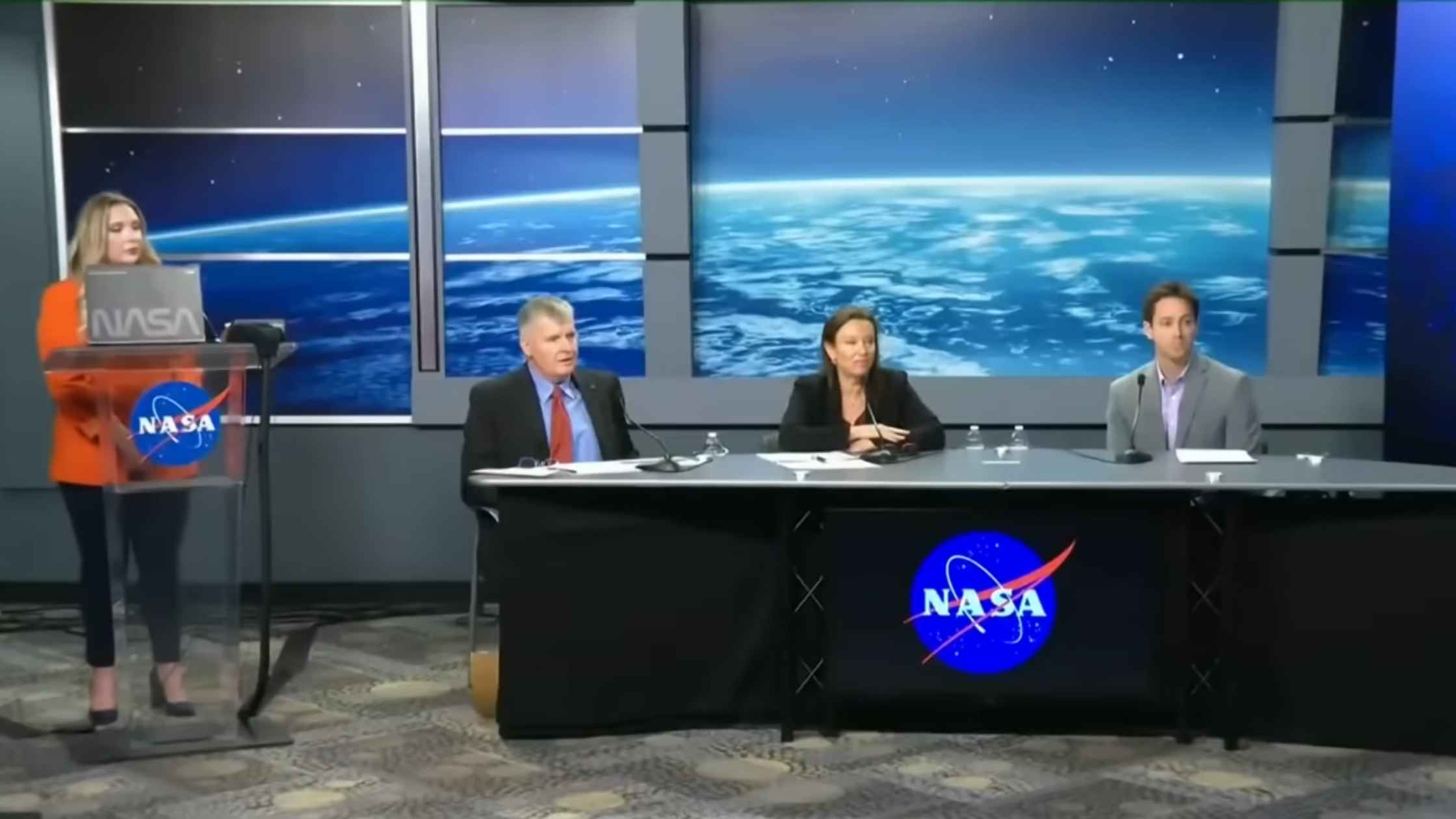
Crew-12 Mission Leaders Speak on Space Station Launch
NASA’s SpaceX Crew-12 mission leadership discusses final launch and mission preparations for the International Space Station. Read the transcript here.
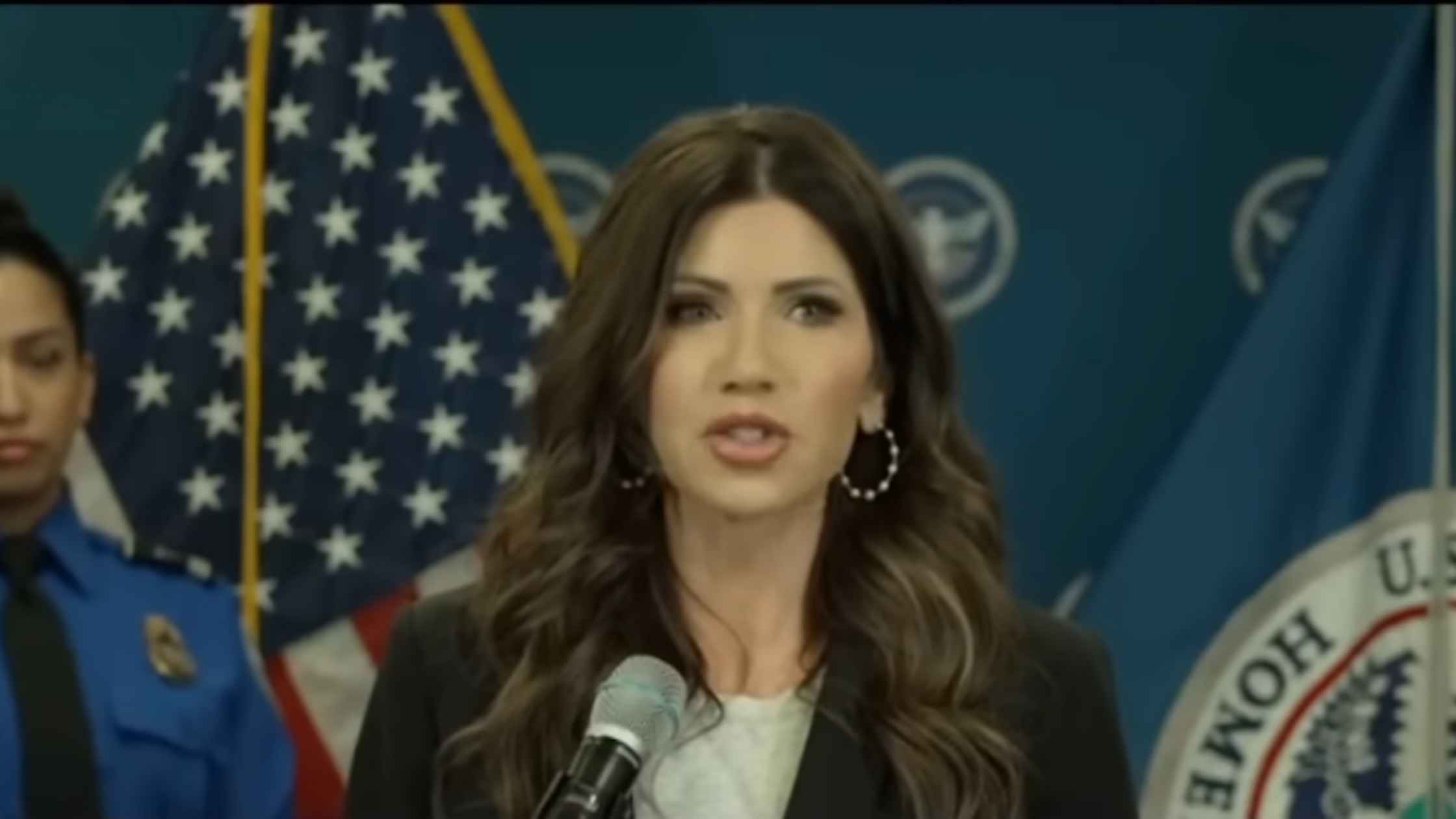
Real ID Press Conference
Department of Homeland Security Secretary Kristi Noem holds a press conference on Real ID. Read the transcript here.
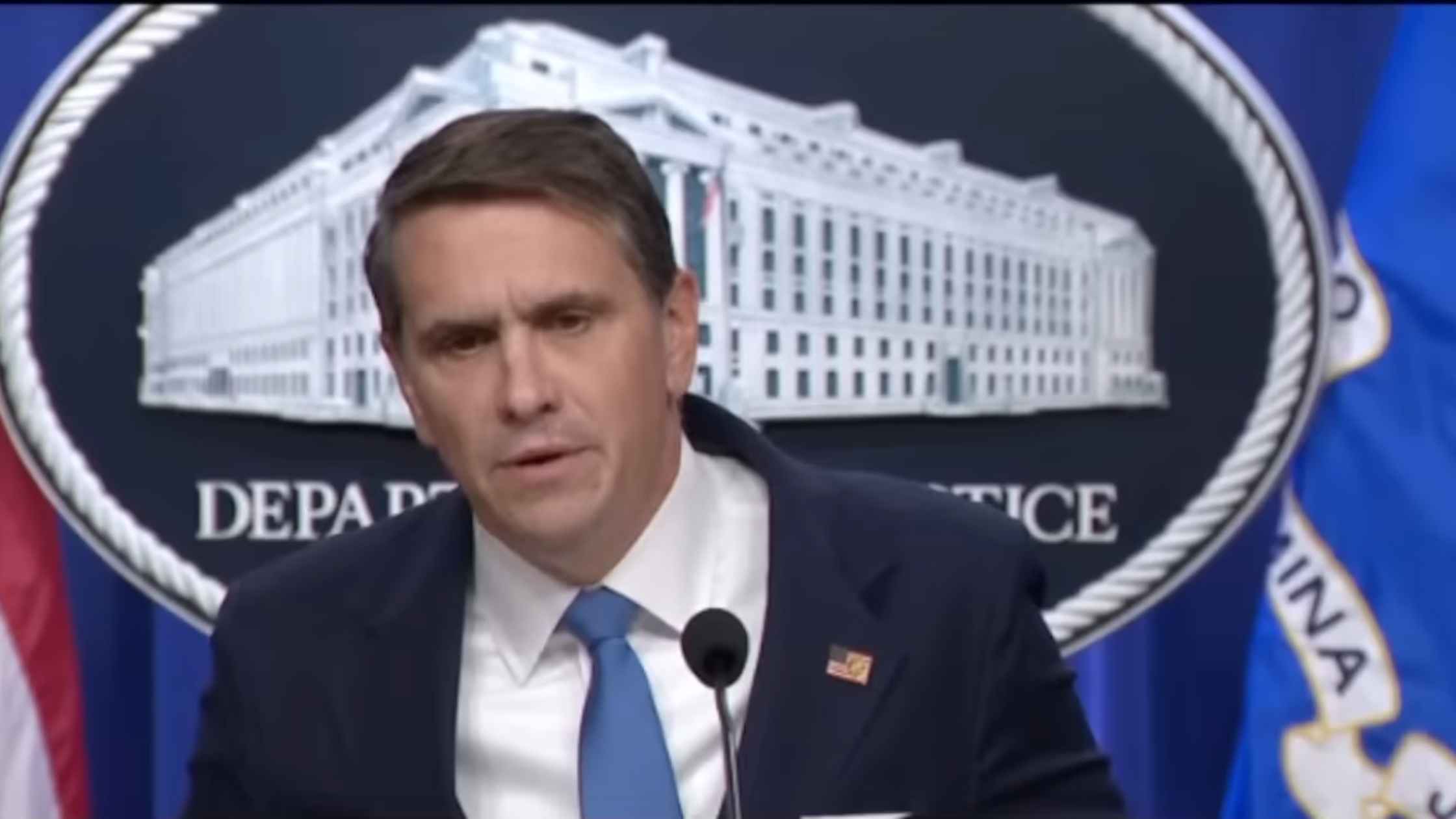
DOJ Epstein Files Press Conference
Deputy Attorney General Todd Blanche holds a press conference on the release of new Epstein files. Read the transcript here.
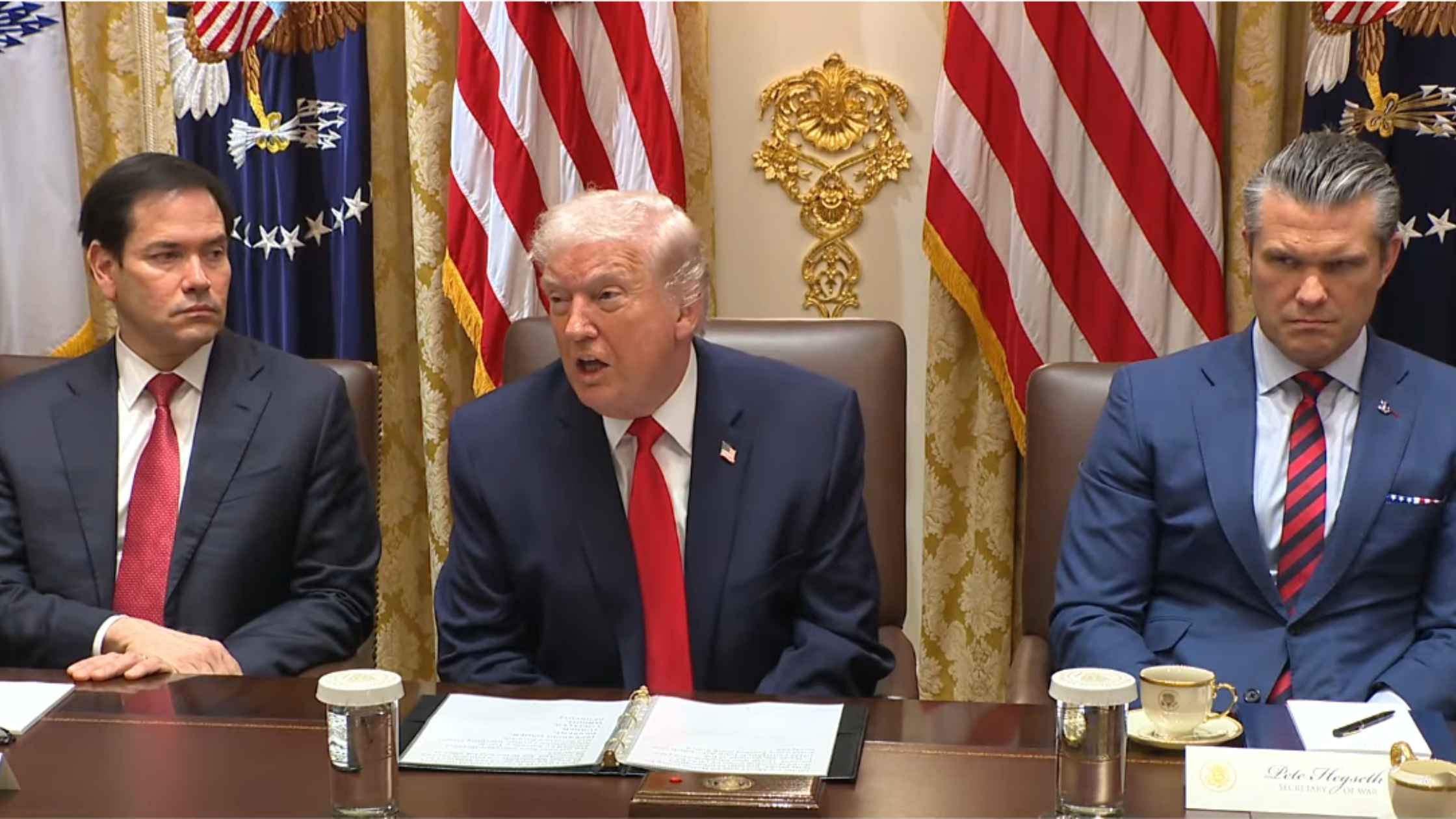
Cabinet Meeting 1/29/26
Donald Trump holds a cabinet meeting with several members from his administration on 1/29/26. Read the transcript here.
Subscribe to The Rev Blog
Sign up to get Rev content delivered straight to your inbox.









